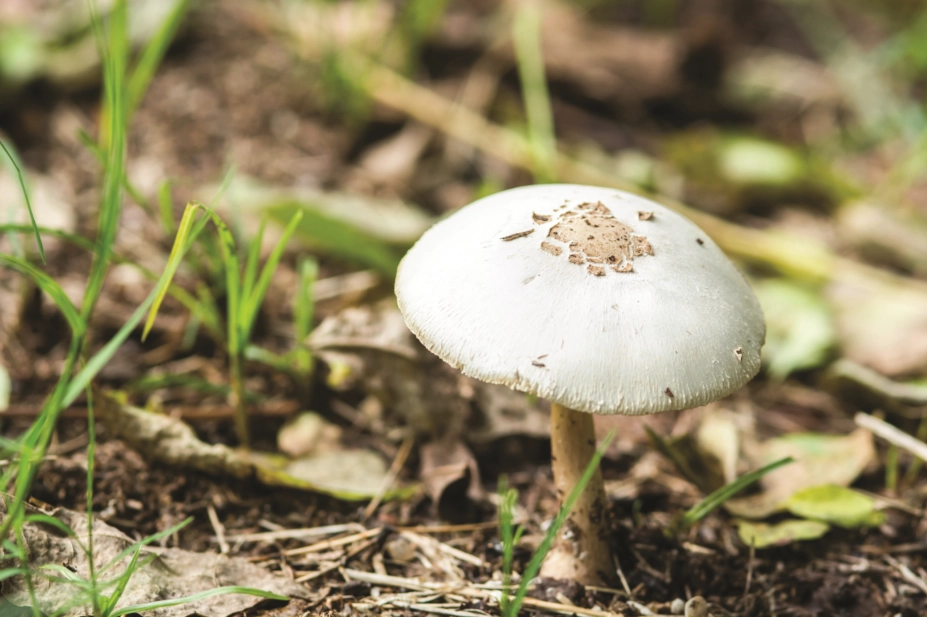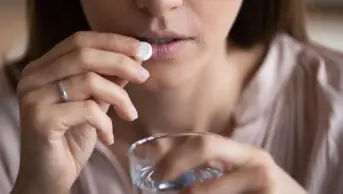
Shutterstock.com
Psilocybin, a psychoactive component of magic mushrooms, is thought to have therapeutic potential in psychiatric disorders but its mechanism of action within the brain is unclear.
In a study, researchers gave two doses of psilocybin to 19 patients with treatment-resistant depression, and studied blood flow within the brain using functional magnetic resonance imaging (MRI) at baseline and one day after the last dose.
The team found that depressive symptoms were significantly reduced in all patients at one week, and 47% showed a response at five weeks. There were decreases in blood flow to the temporal cortex, including the amygdala, and area associated with emotion processing, which correlated with the reduction in depressive symptoms.
Writing in Scientific Reports (13 October 2017), the researchers said the findings were the first time that psilocybin had been shown to change brain activity outside of the active treatment period[1]
.
References
[1] Carhart-Harris R, Roseman L, Bolstridge M et al. Psilocybin for treatment-resistant depression: fMRI-measured brain mechanisms. Sci Rep 2017;7:13187. doi: 10.1038/s41598-017-13282-7


